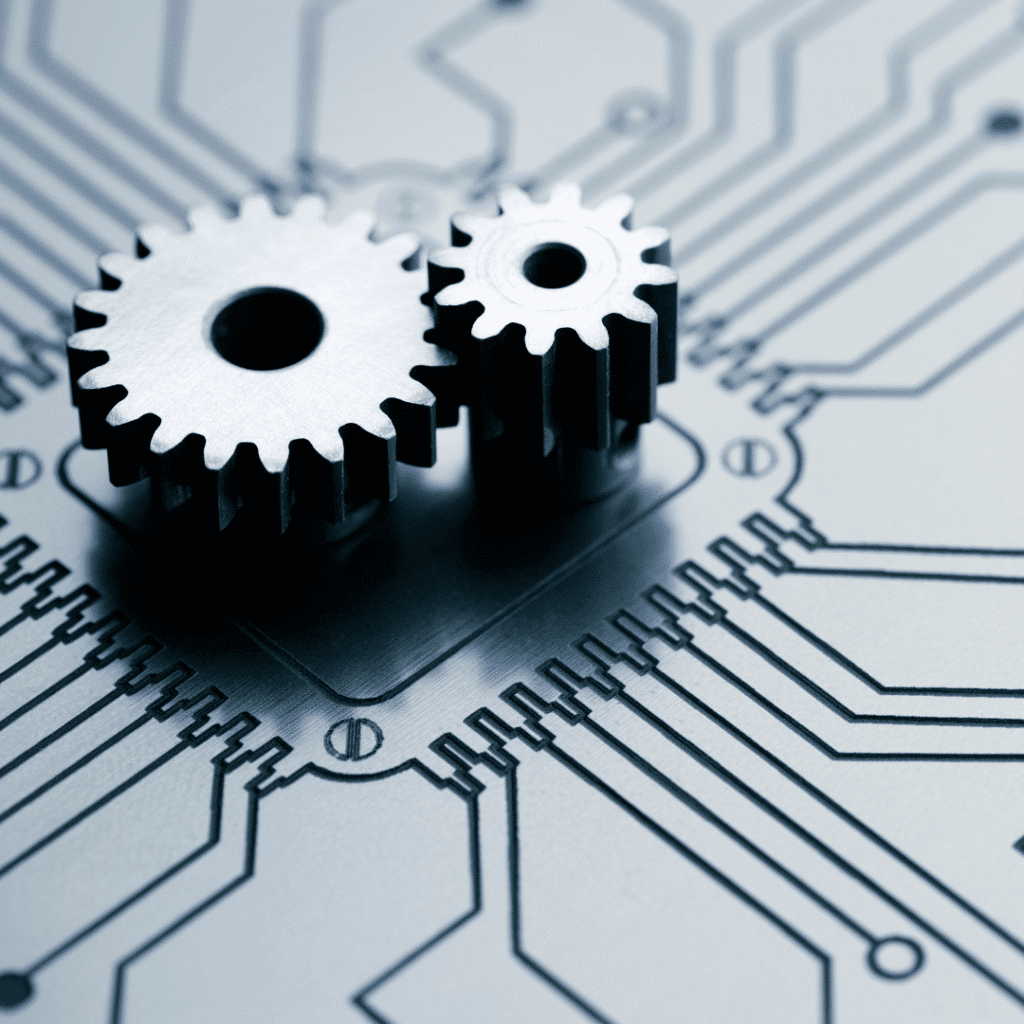In today’s evolving industrial landscape, mechanical design engineering is driving some of the most transformative changes in modern manufacturing. With growing demands for sustainability, efficiency, and smart manufacturing capabilities, engineers are turning to innovative technologies to meet these challenges head-on. From prototyping to predictive maintenance, the mechanical engineering industry is not only keeping pace with digital advancements but also leading the charge into the next industrial revolution.
The Role of Mechanical Design in Modern Manufacturing
Mechanical engineering forms the foundation of countless systems across the manufacturing industry. Whether designing the internal combustion engine in a vehicle or optimizing a heat exchanger in a power plant, mechanical engineers use cutting-edge tools to solve real-world problems. Mechanical design engineering involves creating, testing, and refining mechanical systems using advanced simulation software, materials science, and product development strategies.
Modern tools such as computer-aided design (CAD), digital prototyping, and virtual reality allow engineers to test systems before a single component is manufactured. These advancements reduce downtime, enhance safety, and improve productivity by allowing for faster iteration and fewer physical experiments.
Smart Manufacturing and Emerging Technologies
Smart manufacturing integrates mechanical engineering with technologies like artificial intelligence, the internet of things (IoT), cloud computing, and machine learning. These tools enable a new level of communication between machines, allowing real-time monitoring, predictive maintenance, and improved energy efficiency. Mechanical systems now collect data to predict potential failures, enabling manufacturers to perform maintenance before breakdowns occur.
This interconnected system also supports flexible manufacturing and lean workflows—essential elements in reducing waste and supporting environmentally friendly practices. The integration of AI and robotics has resulted in intelligent assembly lines and automation processes that continue to evolve with each passing year.
Sustainable Engineering for the Future
As industries adapt to climate change and increasing calls for carbon footprint reduction, mechanical engineers play a pivotal role in the transition toward sustainable development. Engineers are optimizing machines for fuel efficiency, designing components using recycled metals, and developing heat exchangers and ventilation systems that consume less energy.
Innovations in energy storage, wind turbine design, and renewable energy systems such as solar and hydropower rely heavily on expertise in thermodynamics, fluid dynamics, and sustainable engineering principles. The goal is not only to reduce greenhouse gas emissions but also to support a circular economy that values recycling, reusability, and material innovation such as graphene and nanomaterials.
Prototyping and Rapid Product Development
Another core aspect of mechanical design engineering is rapid prototyping. With advancements in 3D printing—particularly fused deposition modeling (FDM)—engineers can create functional prototypes from plastic filament, metal alloys, or specialized materials layer by layer. These methods support faster product testing and improve communication between teams during product development.
Additive manufacturing has made it possible to test multiple designs simultaneously and adapt to market changes with greater agility. This not only accelerates the innovation cycle but also enables customized solutions for industries like aerospace, medical device manufacturing, and the automotive industry.
Transforming the Workforce Through Engineering Education
Innovation also starts in the classroom. Top mechanical engineering programs across North America are evolving their curricula to include training in emerging technologies, digital twins, sustainability, and smart manufacturing principles. This shift ensures that the next generation of engineers is equipped with both the foundational skills and advanced knowledge required to meet future challenges.
Graduates from accredited universities with a Master of Engineering or mechanical engineering degree are entering the workforce prepared to lead projects involving complex systems, renewable energy infrastructure, and high-performance manufacturing environments.
Final Thoughts: Engineering the Future
Mechanical design engineering continues to shape the future of the manufacturing industry, bringing together creativity, science, and technology. Whether improving aerodynamics for aviation, designing better brake systems for safety, or enabling predictive maintenance through IoT, these innovations are creating more intelligent, sustainable, and efficient manufacturing processes.
If you’re looking to bring innovative mechanical design into your next product or prototype, RapidPro Manufacturing is here to help. Our team brings deep industry knowledge, advanced technology, and precision to every project—helping you stay ahead of the curve in a changing world.
Contact RapidPro Manufacturing today to explore how our mechanical engineering and prototyping services can accelerate your success.
FAQ: Mechanical Design Engineering in Manufacturing
Q1. What is mechanical design engineering?
Ans: Mechanical design engineering involves designing, testing, and optimizing mechanical systems for use in various industries such as automotive, aerospace, construction, and medical devices.
Q2. How does mechanical design support sustainability?
Ans: Engineers contribute to sustainable development by improving energy efficiency, using recyclable materials, reducing waste, and designing components that support renewable energy and reduce greenhouse gas emissions.
Q3. What is smart manufacturing?
Ans: Smart manufacturing uses digital technologies—like IoT, AI, and machine learning—to improve manufacturing efficiency, reduce downtime, and enable predictive maintenance.
Q4. Why is rapid prototyping important in manufacturing?
Ans: Rapid prototyping allows for faster development and testing of product designs, reducing time to market and improving collaboration during the design process.
Q5. What industries benefit most from mechanical design innovations?
Ans: Industries such as aerospace, automotive, energy, telecommunications, and medical devices benefit significantly from modern mechanical engineering innovations.
Q6. What is the future of mechanical engineering in manufacturing?
Ans: The future includes increased use of AI, additive manufacturing, sustainable engineering, smart systems, and more efficient, flexible manufacturing methods powered by data and intelligent de

